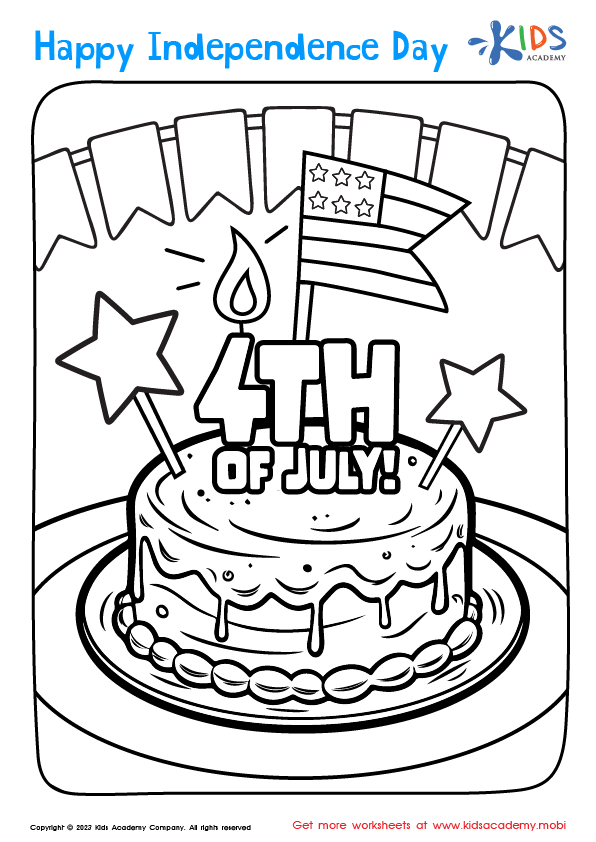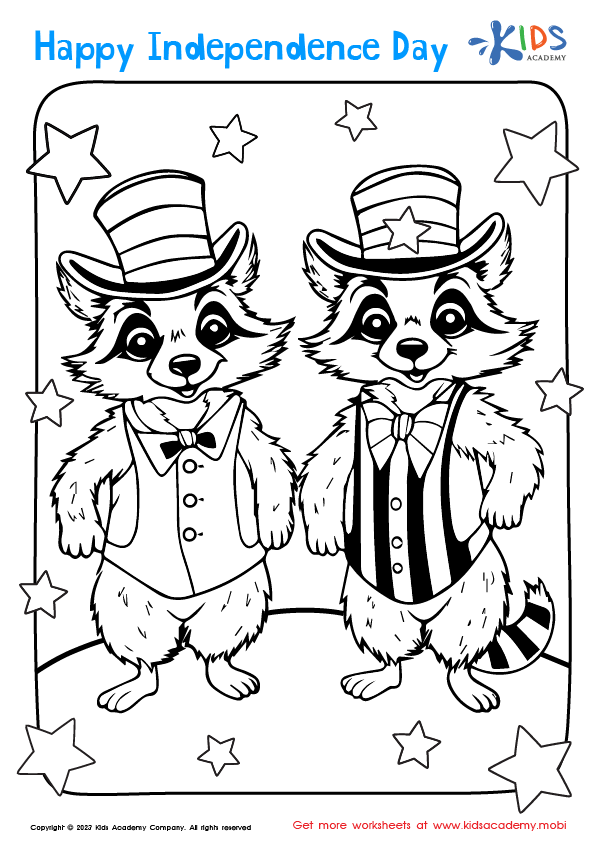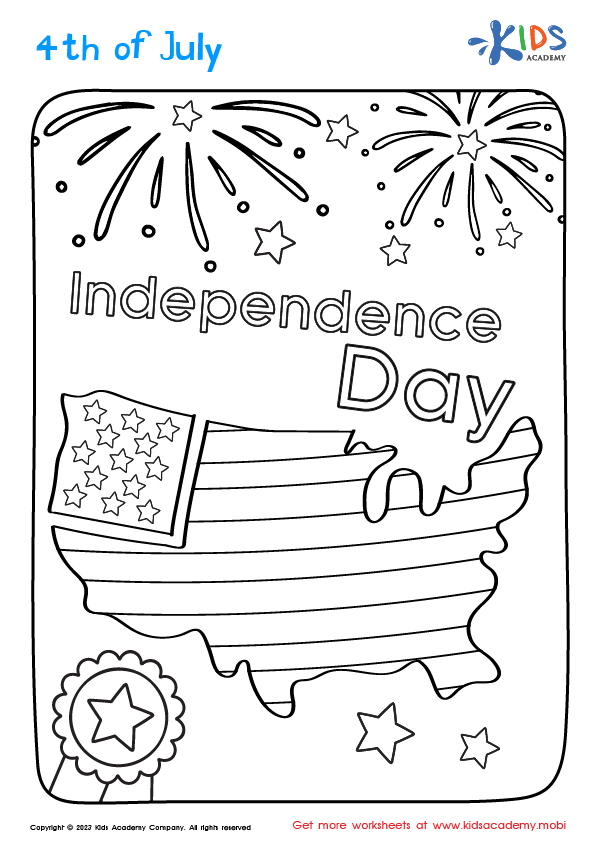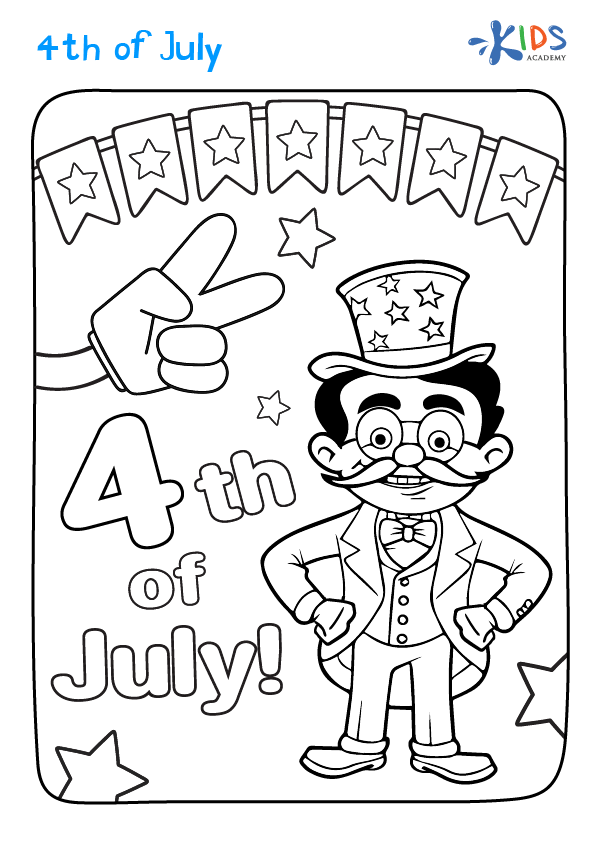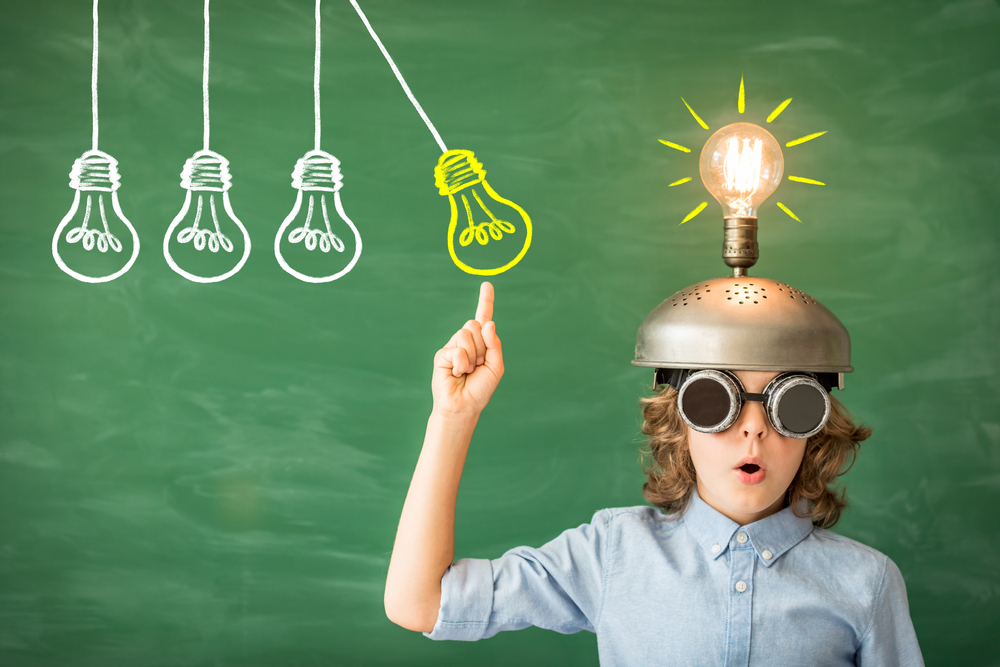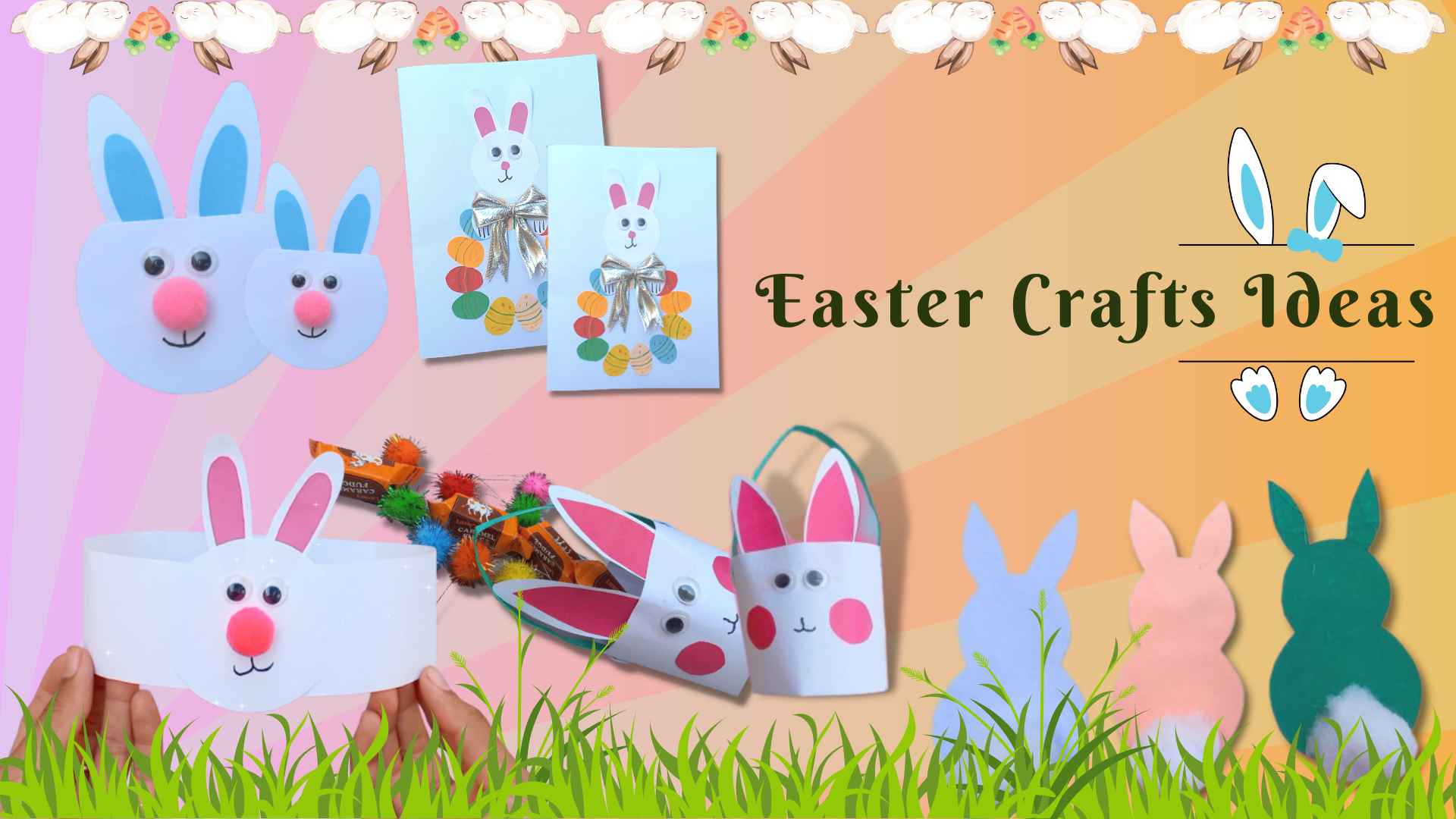Historical Knowledge Easy Worksheets for 3-Year-Olds
4 filtered results
-
From - To
Discover our engaging "Historical Knowledge Easy Worksheets for 3-Year-Olds," designed to introduce young learners to the wonders of history in a fun and accessible way. These worksheets encourage curiosity about the past through simple activities, highlighting important figures, events, and cultural milestones. Perfect for preschool educators and parents, they promote early cognitive development and foster a sense of wonder about the world. Each worksheet features colorful visuals and age-appropriate tasks, ensuring an enjoyable learning experience. Help your child build a foundation in historical knowledge while promoting creativity and critical thinking. Start exploring history today with our easy-to-use resources!
Parents and teachers should care about historical knowledge for 3-year-olds because it lays the groundwork for children's understanding of the world around them. At this early age, children are naturally curious and eager to learn about people, places, and events. Introducing them to history in an age-appropriate way helps nurture their curiosity, fosters critical thinking, and encourages them to ask questions about their own backgrounds and cultures.
Engaging with historical concepts enriches children's vocabulary and understanding of time. Through storytelling, imaginative play, and simple examples of past events and figures, educators can create a rich narrative that helps children relate to their heritage and the experiences of others. Early exposure to history promotes empathy, as children begin to understand diverse perspectives and experiences.
Additionally, sharing stories about historical figures and events can inspire young learners by showcasing resilience, creativity, and the value of community, aiding in their moral and social development. By making historical knowledge easy and engaging, parents and teachers can create a foundation that not only enhances cognitive abilities but also cultivates a sense of belonging and identity in young learners. This appreciation for the past can play a crucial role in shaping their future engagement with society and the wider world.

